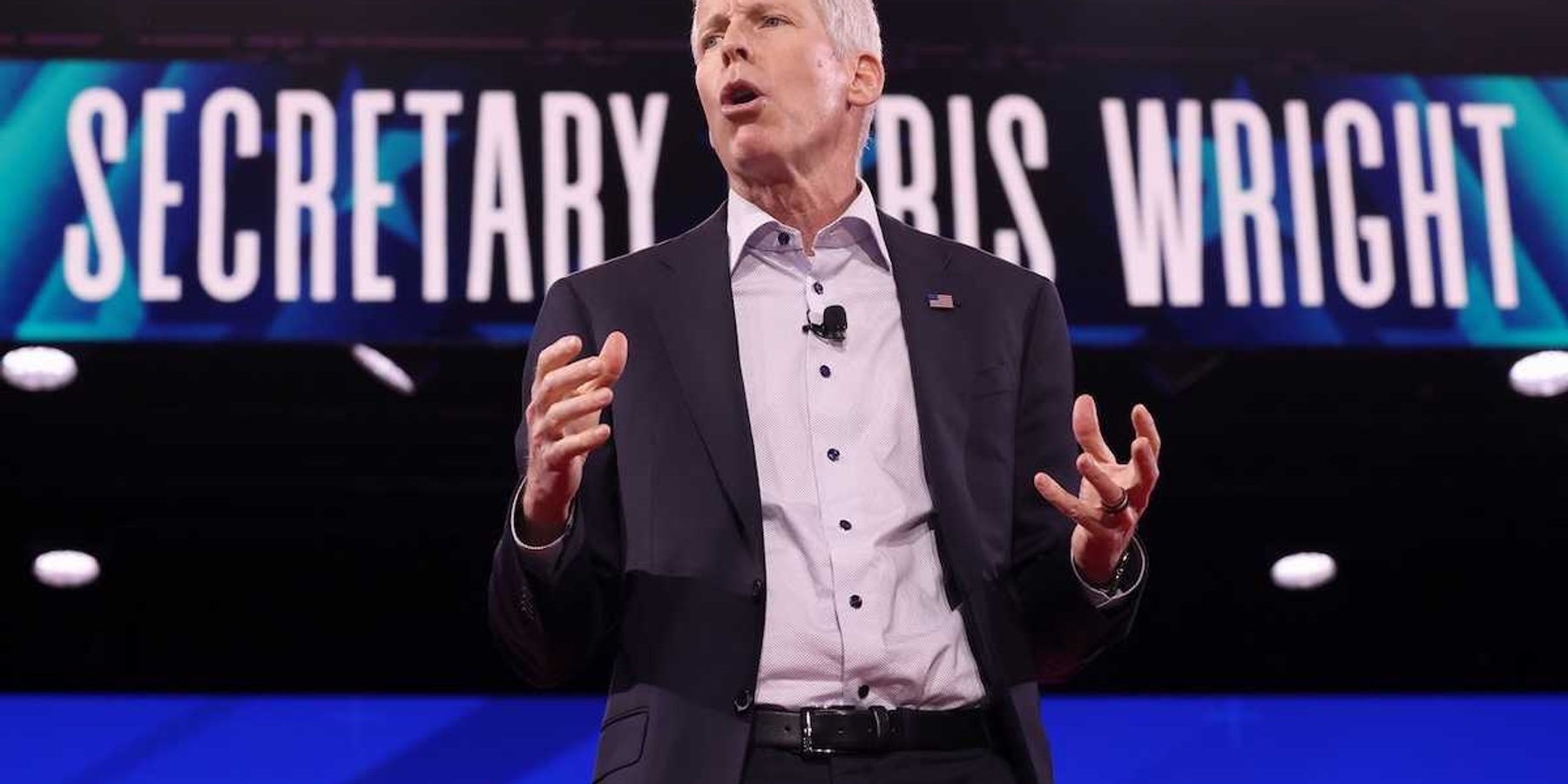banking
Royal Bank of Canada faces scrutiny for funding fossil fuel projects
RBC is under fire for its continued financing of fossil fuel projects, despite its public stance on climate change and support for Indigenous rights.
In short:
- RBC president David McKay claimed the bank is a leader in addressing climate change, but it remains the top fossil fuel financier among Canada's big five banks.
- Jocey Alec, a Wet’suwet’en land defender, confronted RBC about its role in the Coastal GasLink pipeline but was cut off after 11 seconds at a shareholder meeting.
- After pressure from New York City, RBC agreed to disclose its financial ties to fossil fuel projects compared to clean energy sources.
Key quote:
"I feel like they do get the message, but they just don’t want to acknowledge their complicity on what they’re funding."
— Jocey Alec, Wet’suwet’en land defender
Why this matters:
RBC's financing decisions have significant environmental and social implications, particularly for Indigenous communities opposing fossil fuel projects. Public scrutiny and shareholder pressure could push the bank to more transparent and sustainable practices.
US banks facilitate clean energy transition through municipal bond market
The use of municipal bonds to finance clean energy initiatives is gaining traction, enabling significant savings for towns and communities in their pursuit of renewable energy goals.
In short:
- Municipal bonds have historically allowed towns to purchase natural gas at discounted rates, with the practice now extending to renewable energy, potentially saving 10% or more on long-term contracts.
- This shift is being led by entities like the California Community Choice Financing Authority, which has issued nearly $10 billion in renewable energy bonds since 2021.
- Despite its potential, Georgia remains hesitant to adopt renewable energy prepays due to its entrenched interests in existing power sources.
Key quote:
“You’re seeing that flexibility creeping in, because everyone is well aware that we’re under a transition, but no one knows how quickly or how smoothly it’s going to go."
— Dennis Pidherny, a managing director on the municipal bond team at Fitch Ratings
Why this matters:
Adopting municipal bonds for renewable energy could dramatically lower costs and accelerate the shift toward sustainable energy sources. This financial strategy may also help mitigate the competitive threats posed by traditional power infrastructures, promoting a broader adoption of renewables in energy plans.
Santander eases its climate policies amid gas project funding
In a revealing investigation, Santander Bank is shown to have adjusted its environmental guidelines to facilitate the financing of controversial gas projects.
Nimra Shahid and Rob Soutar report for The Bureau of Investigative Journalism.
In short:
- Santander Bank leveraged its climate policy to support the funding of liquified natural gas (LNG) projects, which depend on fracked gas from the U.S.
- The bank altered its climate policy, introducing loopholes that could allow for direct financing of fracking in the future.
- Environmentalists and community activists express concerns over the health and environmental impacts of the LNG projects financed by Santander.
Key quote:
“He goes fishing but he can’t eat the fish. Because I’m afraid if he gets too much mercury in his system, too much of the other pollution in the water, that is going to further exacerbate his seizures.”
— Roishetta Ozane, Gulf fossil finance coordinator for Texas Campaign for the Environment
Why this matters:
Fossil fuel projects often divert resources away from investments in renewable energy sources like wind and solar power. This delay in transitioning to cleaner energy sources not only exacerbates climate change but also hinders the development of healthier, more sustainable communities.
US financial giants pull out of environmental standards initiative
Big American banks have exited the Equator Principles, reflecting a troubling retreat from environmental and social risk management in project financing.
In short:
- The Equator Principles, guiding risk management in projects with environmental and social impacts, have lost key U.S. banks including Citi, Bank of America, JPMorgan Chase, and Wells Fargo.
- This withdrawal has sparked outrage among climate activists, criticizing the banks for neglecting fundamental climate and human rights obligations.
- As U.S. banks backtrack on climate commitments, regulatory pressure rises against institutions endorsing 'woke capitalism', influencing corporate environmental strategies.
Key quote:
"It is becoming increasingly apparent these banks do not care about anything other than the bottom line."
— Richard Brooks, climate finance director at Stand.earth
Why this matters:
The exodus of major banks from the Equator Principles signals a shift in the financial industry's approach to climate change and could undermine the well-being of communities directly impacted by financed projects. This development counters broader national trends toward responsible investing, with potential long-term health and environmental consequences.
Be sure to read Pete Myers’ piece about how economics and environmental issues are so intertwined.
Larry Elliot: We bailed out the banks but we’re not prepared to bail out the planet
As the rapid responses to the global financial crisis of 2007-09 and the Covid pandemic proved, governments can act speedily, collectively and decisively if the crisis is deemed big enough.
Activists are looking to banking regulations to combat climate change
Changes in the banking sector over the past half-century have produced dramatic consolidation, making a handful of big banks outsize financial engines in the fossil fuel industry.
Fed Governor Waller doubts need for climate-change tests on banks
“Climate change is real, but I do not believe it poses a serious risk to the safety and soundness of large banks or the financial stability of the United States,” Waller said.









